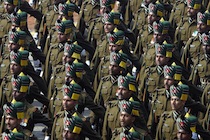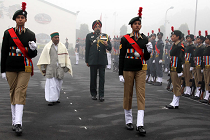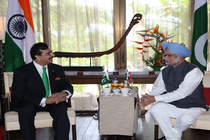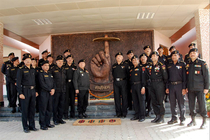AFSPA: National necessity or human rights violation?
The Armed Forces Special Powers Act (AFSPA) confers special powers upon the Indian army in disturbed areas, and legitimizes any actions they may take. The law, however, has been misinterpreted by many. Are calls for the revocation of the AFSPA warranted or misplaced?








